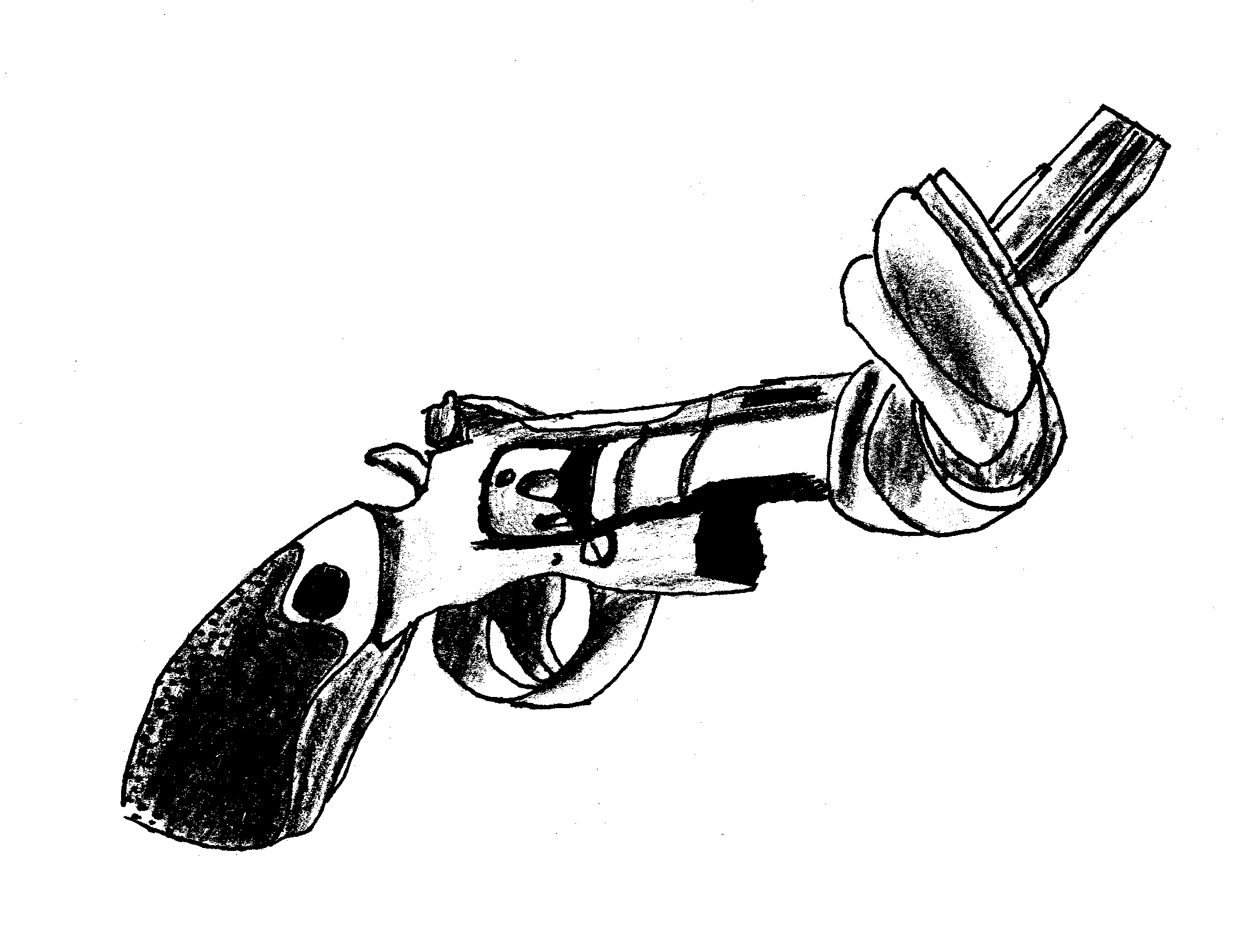
The shooting that occurred at Umpqua Community College in Oregon this past Thursday was a tragedy for us all. It was a tragedy for us, as human beings, to come to terms with the loss of ten lives and to empathize with the families who will no doubt spend their days grieving the losses. It was a tragedy for us as a college community to see fellow students slaughtered in their halls of study. And perhaps most of all, it was a tragedy for us as citizens of America to witness once again the helplessness of our nation’s law and order in the face of a gun-wielding maniac.
That a disturbed individual came into possession of a gun and shot up a building is tragic; that such incidents have become routine in the most advanced democracy in the world is simply inexcusable. Over the past fifty years, gun laws in America have remained steadfast even as massacres and murders number in the tens of thousands. Charleston, Newtown, Sandy Hook and Aurora are but a few of the massacres we have witnessed over the past several years. These massacres, in turn, are collectively but a fraction of the total number of homicides in the United States. These are not mere statistics, but a testament to a failure at the individual and political level to ensure a basic level of safety in our democracy.
At this point, the case for maintaining the current gun laws is weaker than ever. The argument that more weapons will prevent more murders might sound reasonable, if it checked out empirically. But the data to the contrary is exhaustive. According to several studies by the Harvard School of Public Health, more guns equals more homicide. That is to say, states that have higher rates of gun ownership have higher rates of murder. Countries that have fewer restrictions on gun ownership have higher rates of murder. And individuals who have more access to guns are, not surprisingly, more likely to be victims of murder.
If private gun ownership increases the likelihood of death, it similarly fails to prevent it.
Despite the presence of three hundred million guns in the United States, not one of 62 massacres in the past 30 years has been stopped by a private citizen with a gun, according to a September 2012 Mother Jones article. In fact, the Department of Justice’s National Crime Victimization Survey estimates that fewer than 1 percent of all violent crime victims used a firearm successfully or unsuccessfully for self-defense.
To those attribute the blame to the people rather than the weapons, it should not matter whether the killings are driven by mental sickness, by racial prejudices or by terrorism. These motivations will always exist in society, and it is the job of communities and law enforcement to correct these harmful attitudes and hospitals to remedy the illnesses. But governments must ensure that these individuals cannot obtain these deadly weapons in the first place. Rather than writing off these incidents as “stuff happens,” as Jeb Bush did earlier this week, the government has the ability and obligation to do more.
Lastly, there are those who champion a mentality of civic liberty and Second Amendment rights. These are certainly valid claims, but all liberties and rights must be weighed against the consequences they permit. In this case, the consequences of our current laws and procedures are the senseless killing of thousands of men, women and children each year. At least in my mind, no civil liberty can measure up to these moral tragedies with real life consequences. After all, what right is prior to the right to life? What freedom is more important than the ability to live in safety? And how many lives must we, as a nation, lose before we can have a constructive discussion about reforming our outdated policies? Effective change does not require one to advocate complete constitutional overhaul. Bans on assault rifles, increased background checks, campaigns against the gun lobby and limits on open-carry laws are all ways of imposing accountability on a reckless industry.
This is not a partisan issue, let alone a political one. It is an issue that concerns a basic tenet of humanity, namely a genuine concern for human life. It is the same concern that underpins the pro-life, anti-war and pro-divestment movements, and individuals ought extend a similar vigilance on this issue.
Following the horrific massacre at Charleston earlier this year, President Obama remarked that, “At some point, we as a country will have to reckon with the fact that this type of mass violence does not happen in other advanced countries.” As we once again mourn as a nation for the lives lost this past week, it is our duty to ensure this moral reckoning happens before we witness yet another tragedy.
Benjamin Marrow is a junior in Berkeley College. Contact him at benjamin.marrow@yale.edu .







